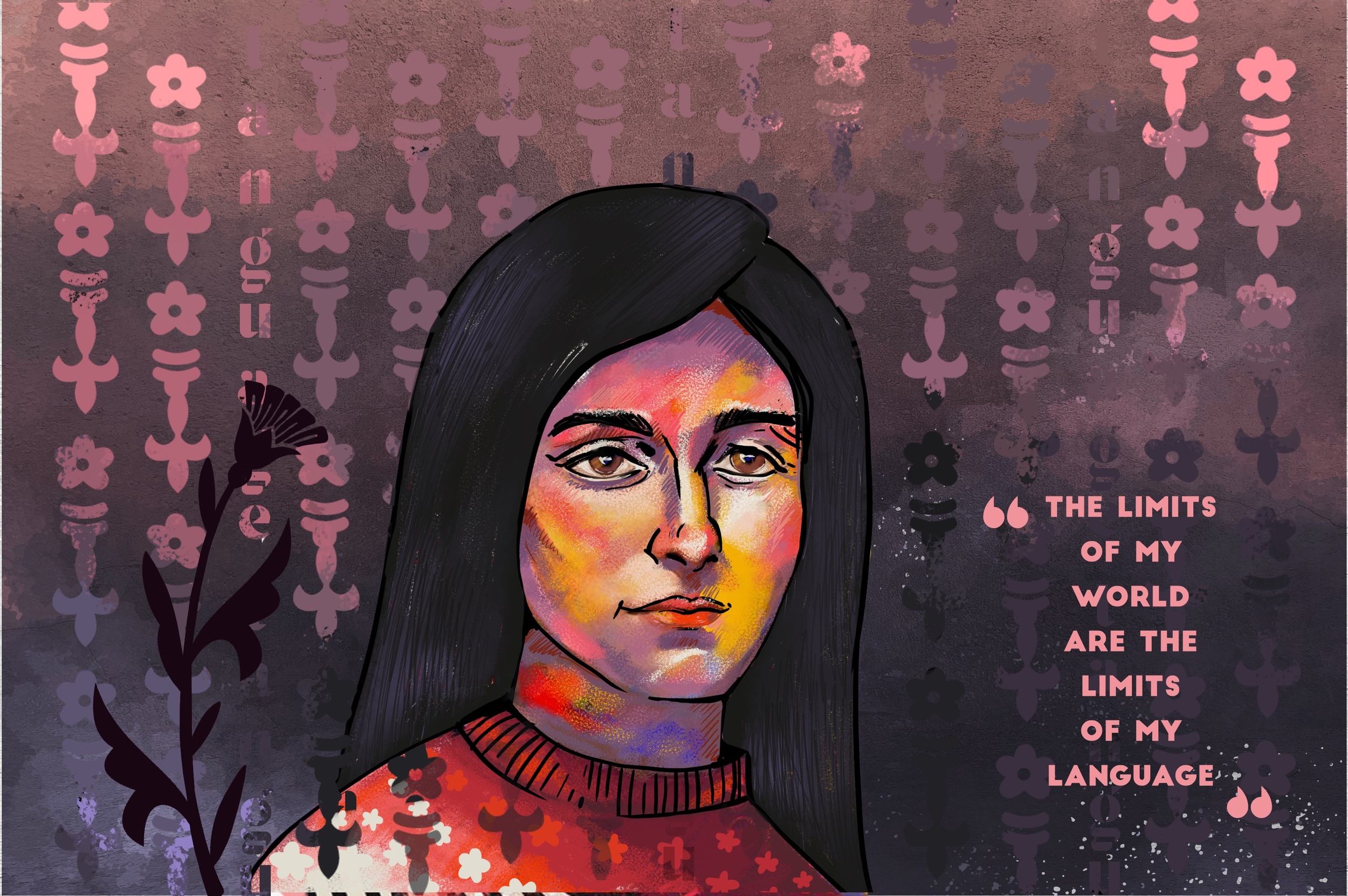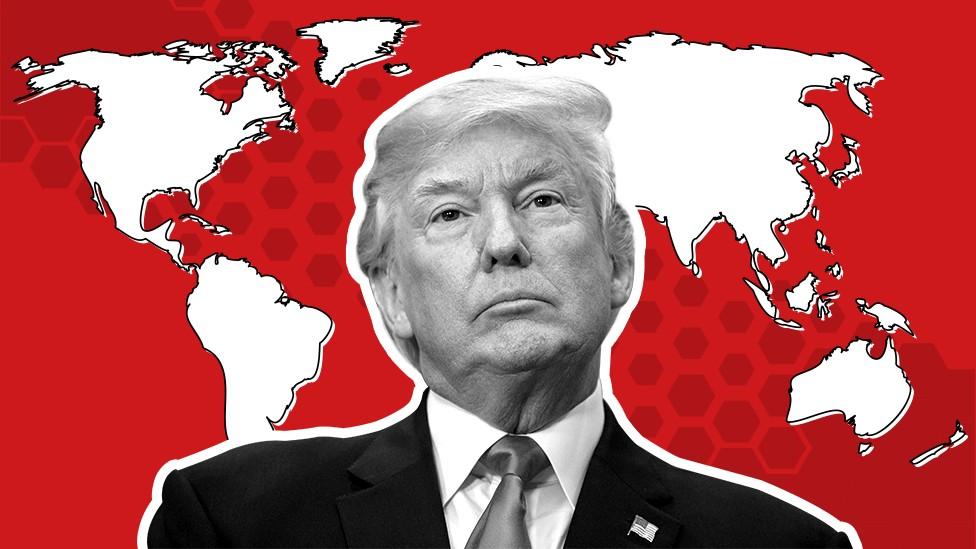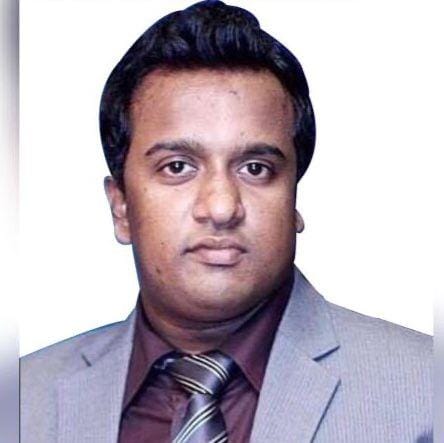A History of Western Philosophy begins with a deep study surrounding the authentic definition of philosophy and its relation to science and theology. The philosophical investigation occurs between science and theology because these disciplines aspire to solve the fundamental mysteries about the existence of our humanism and our nature itself. What is philosophy? This definition is widely described by famous philosopher Bertrand Russell. According to Russell, philosophy serves to find answers about questions that traditional religion and scientific methods cannot fully resolve. Metaphysics asks questions about existence and then moves to ethical questions about morality before addressing questions about human experience, which fall under epistemology.
Russell argues philosophy examines subjects that exceed both scientific observational cut-off points and methodological capabilities. Science provides exact solutions for observable scientific phenomena, but it does not have a methodology for understanding the nature of mind and matter and the purpose of existence as well as establishing ethical principles for human actions. Evaluations from theological perspectives present definitive solutions to incomprehensible matters based on divine revelations that do not substantiate their findings through rational logic. The field of philosophical inquiry persists at a borderless point because science and theology inadequately supply solid approaches to answer these questions. Philosophy attracts people through unanswered questions since these mysteries protect the subject's intellectual strength as an academic discipline. Investigations regarding world operations and beyond sensory limits demand that we rethink our view of reality.
What are the fundamental differences between philosophical methodology and theological methods? The basic philosophy method operates independently from faith revelation or divine consciousness because it depends exclusively on human intellectual reasoning processes. Academic theologians tend to devise strict dogmatic responses about existence questions, but philosophers adopt rational exploration practices for answering these same issues. People acquire mental modesty through philosophical exploration because they learn that numerous fundamental questions remain unanswered and eternal answers remain elusive. Philosophy values the state of unknowing above all else and not as a sign of deficiency. People who live without truth guarantees choose to deeply analyze life complexities and make independent choices free from believable yet perhaps false statements. Our philosophical education teaches us to process unanswerable questions directly by avoiding simplistic reasoning methods for avoiding such questions. Russell illustrates in his work that philosophical inquiry extends academia by teaching people how to cope with uncertain situations they meet in life. Science enables physical phenomenon management, yet theology delivers sacred knowledge to us, and philosophy fills the gap between both disciplines.
<img src ='https://cms.thepapyrusbd.com/public/storage/inside-article-image/t7ztsrsg4.jpg'>
People employ philosophy for comprehensive investigations that explain life functioning mechanisms and moral challenges as well as human purpose. We acknowledges the importance of questioning profound matters even though clear solutions may remain elusive through the investigative process he finds value. According to many philosophers, philosophical wisdom gives people their best means of progress because it develops reflective thinking that leads to authentic existence regardless of lacking definitive solutions to key life questions. We can draw philosophical concepts from ancient times through all essential philosophical developments reaching contemporary times. Philosophy represents an active discipline because it emerges organically from social political and historical situations as it actively engages with social realities. We simply can not argue and deny the historical values of philosophy in today's era of Artificial Intelligence. Because philosophical histories need the absolute comprehension of political social influences on historical periods. Teaching philosophy demands instructors to bridge educational content with both cultural and political as well as intellectual factors of their present environment. The growth of historical development emerged through strong philosophical influences. Social along with political establishments implement philosophical frameworks that result in fresh philosophical frameworks through transformations of societal and political changes.
Philosophy is always described as a dual mechanism that actively shapes societal character and participates in it during all points in history. Both political circumstances and social dynamics affect how philosophers create changes in their period, yet these surrounding elements also shape the philosophical thinking that philosophers produce. To understand a historical period, we need to understand the philosophical beliefs that existed from ancient times to now. The modern understanding of life needs knowledge about both philosophers who transformed political theory like Rousseau alongside rare philosophers who shaped philosophy through their actions such as Alexander the Great. According to Russell, philosophy extends beyond its intellectual value because it forms the substance of human actions and behaviors. According to his perspective the development of society depends on important philosophical concepts which drive both social actions and political transformations alongside cultural progress.
The philosophical ideas which originated in ancient Greece evolved through Enlightenment times thereby creating permanent national and political structure changes. Knowledge of major philosophical currents running during a period bedecks historians studying the historical progression of that time. The present-day political institutions originated primarily through the fundamental philosophical concepts Hobbes, Locke and Rousseau developed about governmental structures alongside political freedoms and social agreements. The insights from Russell fail to solve fundamental existential questions which humanity faces. Every life challenge remains outside philosophy's power to solve but it gives people a mental approach for sincere resolution of issues.
<img src ='https://cms.thepapyrusbd.com/public/storage/inside-article-image/hjp8h8pkj.jpg'>
Philosophy guides its scholars toward building significant inquiries along with philosophical knowledge acquisition through continuous mental evaluation instead of seeking final Truths. Philosophy shows people can live their lives independently through the complex world without dogmas and show faith when confronting unfamiliar circumstances. As Russell questioned, "Why do philosophical subjects belong both in academic scholarship and individual life?'' Russell argues that philosophy functions to enable persons to grasp world phenomena intellectually and execute meaningful activities throughout life. Philosophy provides humanity with an opportunity to understand the fundamental teachings of science and theology because it guides exploration of profound existential mysteries. The complicated nature of these essential queries surpasses easy answers yet human beings need to confront them no matter what. The evaluative approach of philosophical investigation makes human beings analyze foundational assumptions which leads to intellectual curiosity in exploring reality.
The philosophical approach supplies the essential elements that enable human communities to build a better life structure. Through its teachings existential doubt becomes manageable because people learn to resist hasty and restrictive solutions. Reflection provides key understandings which reveal both the meanings of good and evil and human position in the cosmos and life's purpose. The largest conceptual framework of philosophy prompts individuals to live inside unanswered questions while embracing unclear territory while striving for knowledge through ongoing questions. Living philosophically emerges as an independent lifestyle because it naturally combines with human existence.







Comments